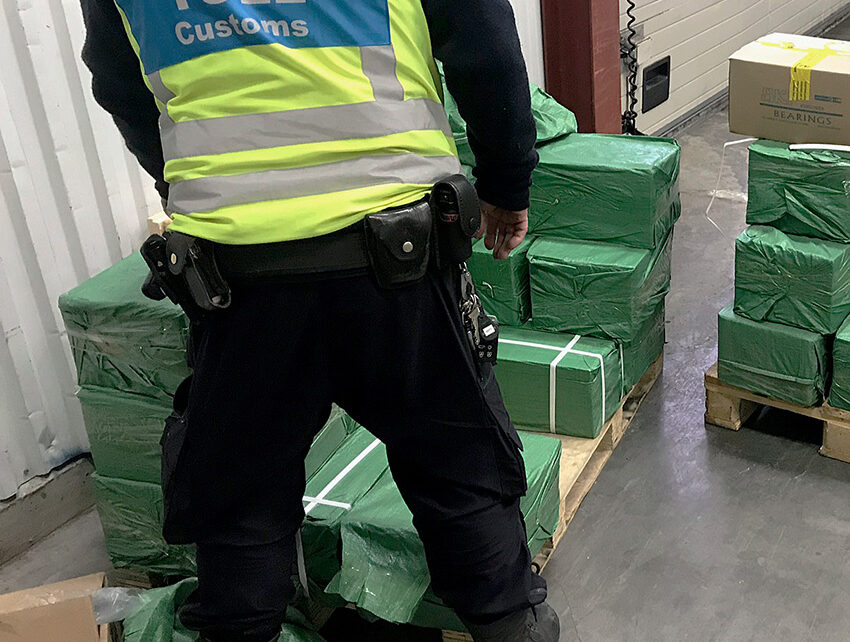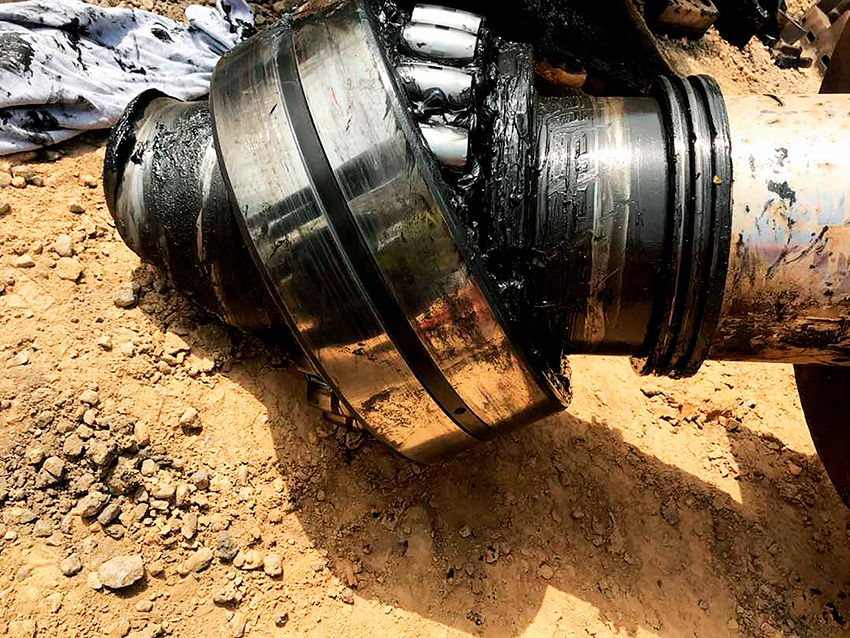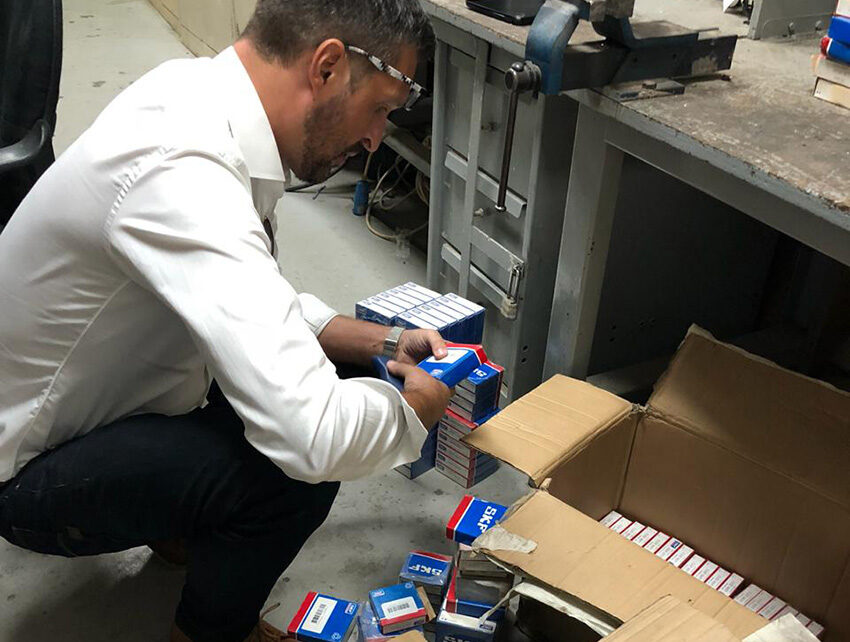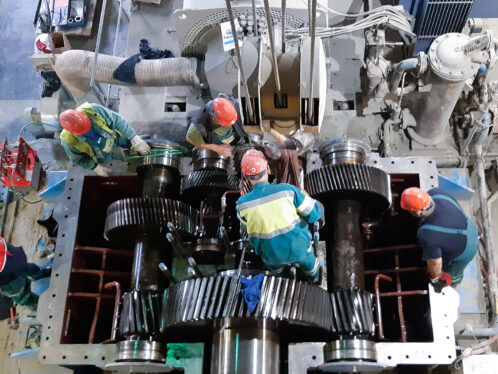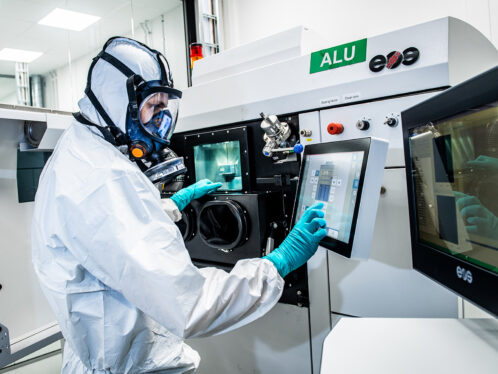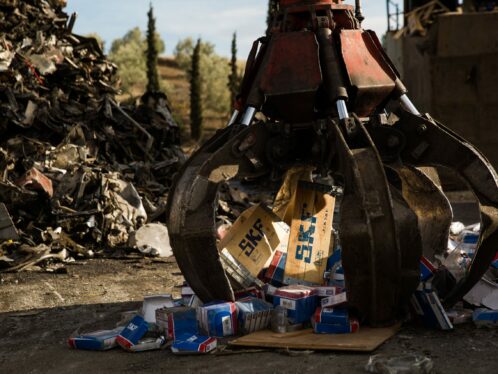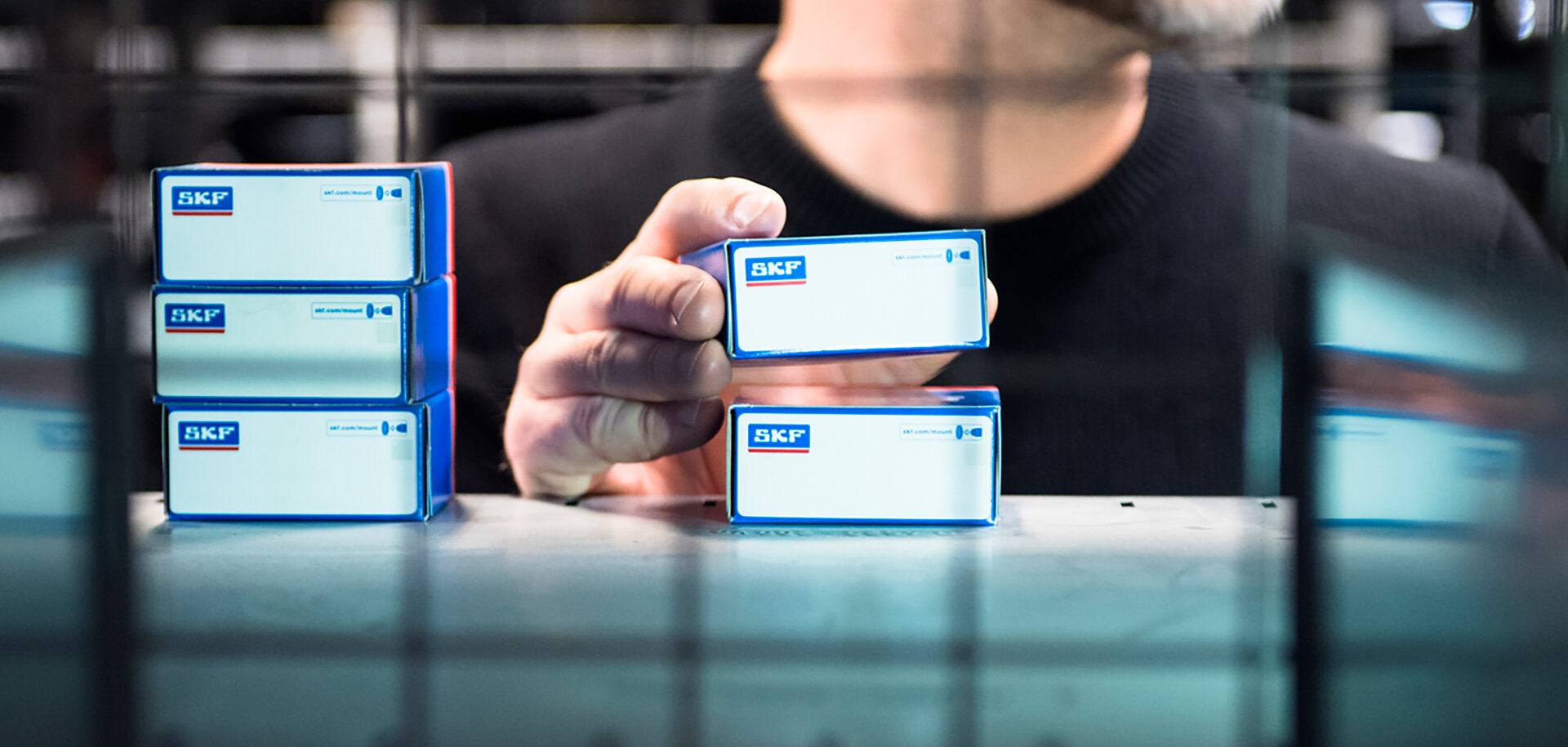
Sourcing genuine products concerns everyone – everywhere
The spread of counterfeit products in B2B is a growing problem worldwide. Customers might not even be aware that they are using counterfeits or know the risks associated with them. Unawareness about the quality and origin of products such as bearings can be a serious threat to machinery reliability and to the health and safety of workers and the environment, and they can increase operational costs far beyond the purchase price.
Most consumers are aware that they face the risk of buying counterfeit products from luxury brands such as apparel, accessories, footwear, cosmetics and electronics.
However, in industry, counterfeit products are not just an annoyance to legitimate manufacturers – they can cause untold damage and be downright dangerous.
This is a growing problem, and SKF takes it so seriously that for more than a decade it has had a dedicated team working to raise awareness about the issue. The team’s role is also to educate customers – and its own workforce –about what they can do to mitigate the activities of unscrupulous suppliers as well as support law enforcement in removing counterfeit SKF products from the market.
One member of this team is Clayton Tharp, a brand protection manager at SKF. “If a product marked ‘SKF’ does not perform as expected, the customer may want to use another brand,” says Tharp. “Without knowing the product is counterfeit they will just assume SKF could be the problem, so this can be very costly and damaging to our brand.”

Tharp has considerable experience working in the field with warehouse audits in order to identify and remove counterfeit SKF products. In many cases this has also helped customers solve problems of bearing failures.
“One case was in South America,” Tharp recalls. “The client was upset about recurring failures in a specific machine. I asked him if we could have a look at the bearing that had failed, and while he went to fetch it, I checked the warehouse to see if they had any counterfeit bearings. All were genuine SKF bearings except for one type, which was counterfeit. I brought one of these to the meeting, and when he got back with the broken bearing, and we could see right away that it was one of the counterfeits.”
For end users, it is not easy to be aware that they are buying counterfeit products. According to team member Kjetil Eliassen, also a brand protection manager at SKF, it takes trained specialists to tell the difference between a counterfeit and a genuine SKF product. There are some warning signs, however. “There may be problems with mounting or unexpected premature failures, as well as significantly short lead times for delivery on products that are known to be longer from major manufacturers,” he says.

The sharp increase in e-commerce in the B2B sector has created a new hunting ground for counterfeiters. “You can find extremely professional websites with high-quality images from a manufacturing site and detailed information about the company,” says Tharp. “But the website is in fact created by some clever web designer sitting in his garage somewhere in the world.”
Another clever way of appearing to be a legitimate bearing provider is to set a price for the counterfeit product that is just slightly below that of the original product.
“Price is not necessarily an indicator of a counterfeit product,” Eliassen explains. “We even know about products that have been sold at twice the cost of genuine products, since the counterfeiters were able to offer availability.”
In addition to the problem of customers not being aware that they have counterfeit products in their operations, there is a reluctance to admit that they have bought counterfeits. Eliassen and Tharp have worked with many customers who have experienced large financial losses because of standstills, production losses, the need to scrap goods and having to recall products, then suffering reputational damage as a result.
At the end of the day, customers must decide what suppliers they will place their trust in.
Kjetil Eliassen, brand protection manager, SKF
Thus, one challenge for the brand protection team is to make sure counterfeit products are removed from a customer’s warehouse after inspection.
“I want to encourage customers to take immediate responsibility, act to blacklist the supplier and scrap the parts so they don’t end up in operation,” says Eliassen. “When you come through with this, it’s fantastic. I go to work every day knowing that what I do changes the buying behaviour of industrial customers and that this significantly undermines the counterfeit trade.”
Another factor that is feeding the counterfeit business: Outside pressure
“The increasing pressure on the purchasing departments is a challenge” says Nadine Korell, Regional Manager Industrial Sales Eastern Europe at SKF.
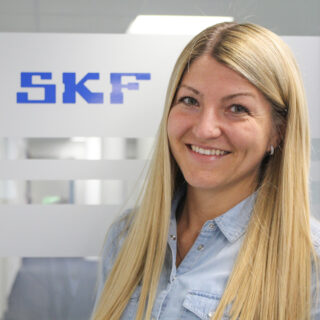
PURCHASING DEPARTMENTS FACE INCREASING PRESSURE IN TERMS OF BOTH TIME AND MONEY.
Nadine Korell, Regional Manager Industrial Sales Eastern Europe, SKF
In addition to the monetary losses that counterfeits present to genuine businesses, they are a serious threat to machinery reliability, operational costs, the health and safety of workers and the environment.
Education plays an important role in fighting counterfeits. “Most of my time is spent creating awareness about this problem,” Tharp explains. “I have hosted training sessions for SKF employees, our authorized distributors, end users and government authorities around the world. We still do this today with the use of video conference sessions.”
The heart of SKF’s message to customers is that the best way to safeguard product authenticity is to buy SKF products from authorized sources. SKF Group brand protection has a stock audit programme for all its authorized distributors, and SKF carries out random stock audits globally. When distributors join SKF’s network they sign a contractual agreement that includes an anti-counterfeit paragraph. SKF provides clear guidelines for all distributors to source only genuine SKF products.
“At the end of the day, customers must decide what suppliers they will place their trust in,” Eliassen says. “From a product authenticity perspective, SKF can say that we trust our network of authorized SKF distributors. Hence, we advise industrial customers to do the same.”
Related webinar
Don’t miss to watch the related webinar, where Kjetil Eliassen is sharing more insights and says ‘Do not jeopardize reliable rotation – use genuine SKF products’.


